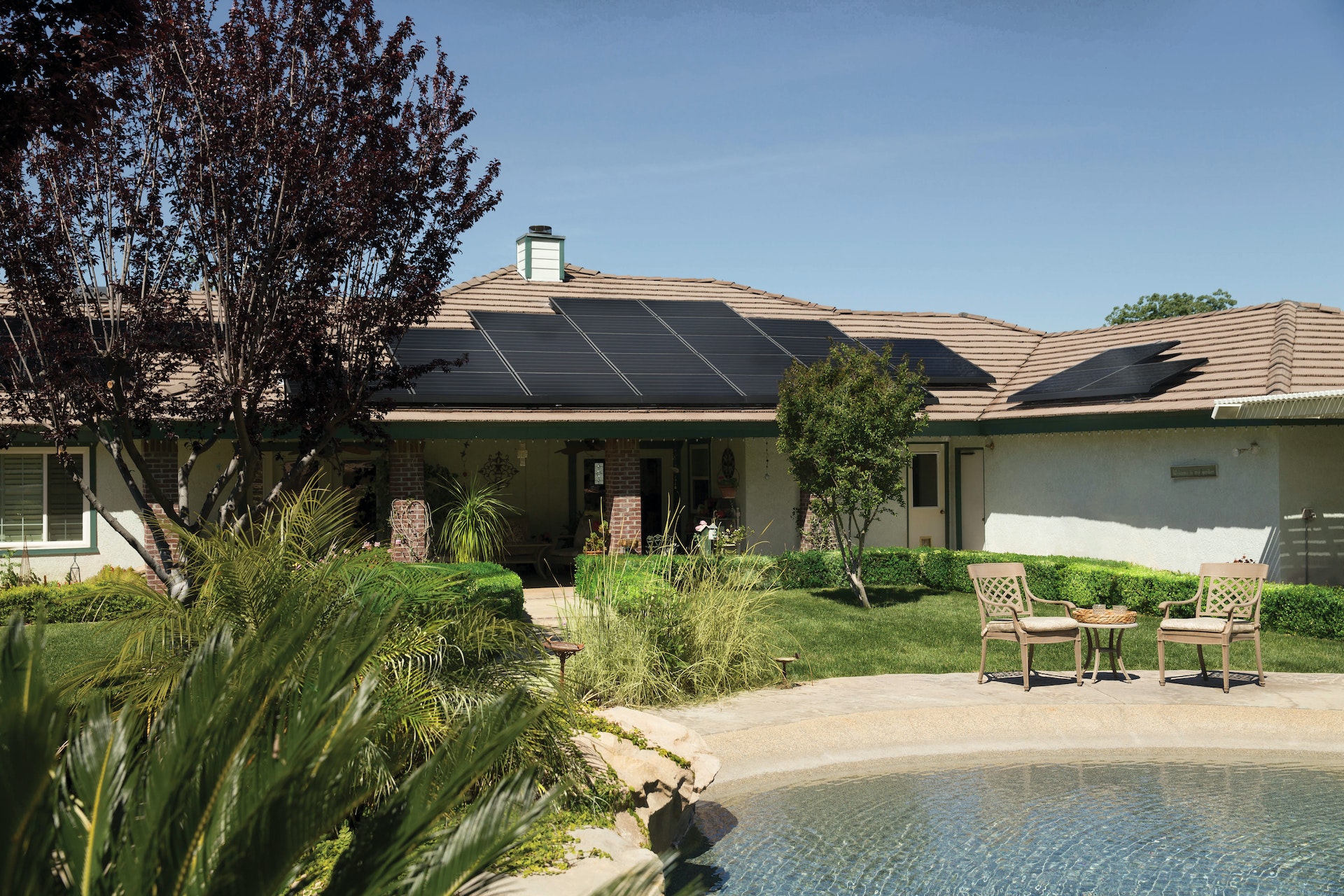The Cost of Solar Panels – Is It Worth It?
Solar power systems can provide numerous benefits to homeowners, including lower electric bills, lower carbon footprints, and potentially higher home values. However, these advantages are usually accompanied by significant installation and maintenance costs, and the magnitude of the gains can vary greatly from one house to the next. Here are some considerations when planning to install solar panels:
Tax Credit
You may be eligible for a tax credit if you plan to install a solar panel system on your property through companies like Colorado solar installers by Solar by Peak to Peak. The federal government offers credits for solar panel purchases that can reduce your tax bill by up to 30%. However, this tax credit is only available if you bought your solar panels during the year they were in service. The tax credit is also available for the sale and installation of balance-of-system equipment, such as inverters, mounting equipment, and wiring. In addition, the federal tax credit for solar panels can be applied against federal income and alternative minimum taxes.
The credit is available for both residential and commercial installations. For individuals, the federal tax credit will reduce the upfront costs of solar panel installations and speed up the return on investment. Commercial solar energy systems will claim a credit against their tax bill for the first five years after the system is installed. This credit will be calculated as a percentage of the total cost of the installation. The distinction is not a cash rebate but a tax bill reduction.
Size of System
The size of a solar panel system is based on the energy your home consumes. An average home needs between 28 and 34 solar panels. It is important to note that the maximum size of your solar panel system can never exceed 150% of your connected load. Therefore, you may want to consider a smaller solar panel system if you have a larger home.
The size of your solar panel system is key in determining the installation cost, roof space requirements, and total savings over the system’s life. When considering how much energy your home uses, you can determine the size of your solar array by considering the building’s total electrical load and the producing capacity of your solar panels. Small solar panels will produce less energy than a large system, so you must understand the size of your system before purchasing one.
Permits
There are several types of permits required for installing solar panels. These vary by state, town, and neighborhood and are determined by zoning and building codes. If you plan to have panels installed by Aurora solar installers on the exterior of your home, you may also need approval from the HOA or historical commission. Getting these permits will save you time and money later on. In addition, it will give you peace of mind knowing that you’ve done the right thing for the environment.
Inspection Fees
A qualified solar inspector will review the electrical and building codes of your installation, as well as any fire safety requirements. Inspections include assessing the materials used for the solar panels, the installation’s roof structure, and any visible damage. Inspections also examine wiring methods and safety signage. A solar inspection can cost a couple of hundred dollars, but the overall cost will be much lower. However, you should know that you will need to pay for this service every five years. The costs for this service will vary depending on your local jurisdiction. Most jurisdictions require that you have a permit for your solar installation. Permits are required to install solar panels on residential properties.
Savings
If you’re thinking about installing solar panels for your home, you need to know the cost of electricity produced by them. The cost of electricity from solar panels is relatively low, with the average annual savings coming in at $1,060. However, these savings are much higher than what you’d expect in some states. Solar panels in New Jersey would save you around 2,000 kWh a year. But the cost of solar electricity isn’t the only cost to consider.
Although solar panels are expensive up front, their benefits are well worth the cost. These panels can pay for themselves in about five to seven years; on average, a solar panel can last twenty to twenty-five years. So, compared to conventional power sources, solar power is an excellent choice for the environment.

